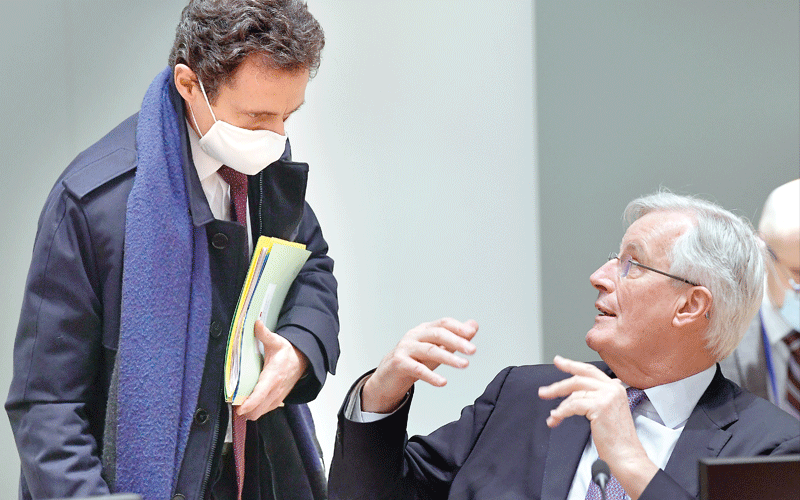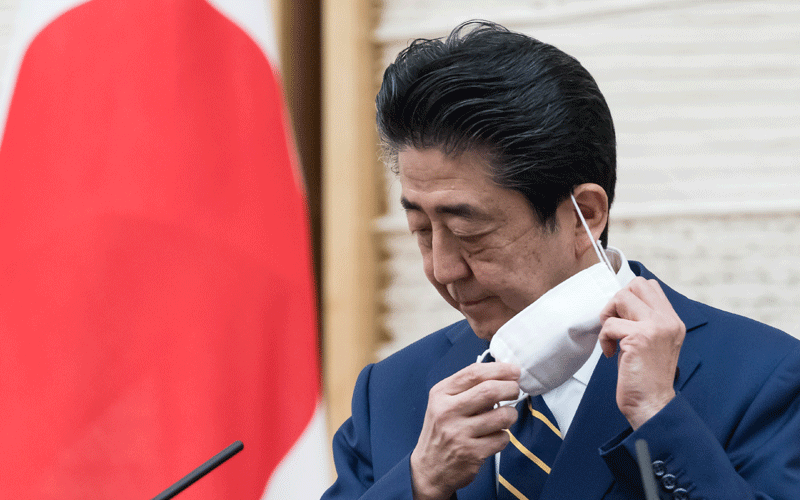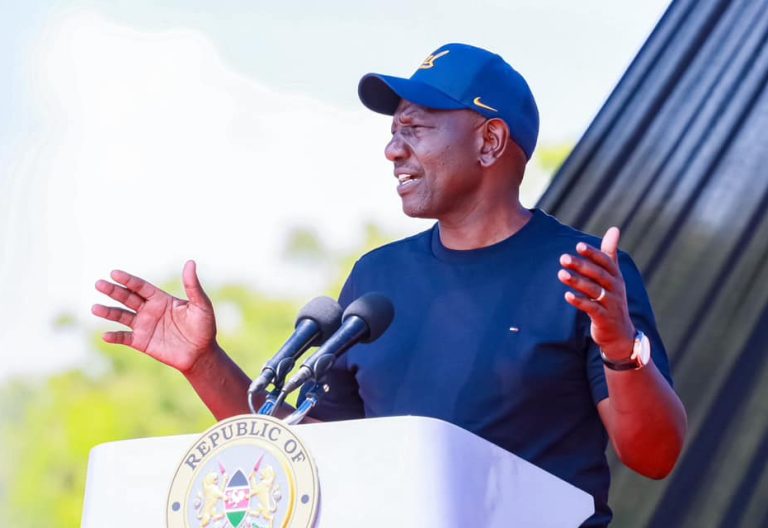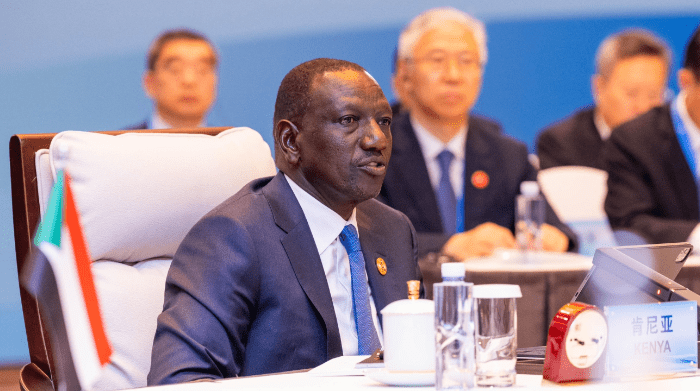Climate change meet should deliver results

World leaders started assembling at the Scottish city of Glasgow yesterday for the 13-day convention of 26th Conference of Parties (COP26) under the aegis of the United Nations Climate Change Conference (UNCCC).
The conference brings together a cross-section of global leaders from the political, business and civil society spectrums to deliberate on the salient issues surrounding climate change.
President Uhuru Kenyatta is among the international voices of reason gathering at Glasgow to tackle the urgent subject.
He will be joining the host- British Prime Minister Boris Johnson, US President Joe Biden, India’s Prime Minister Narendra Modi, French President Emmanuel Macron, Canadian Prime Minister Justin Trudeau, Scotland First Minister Nicola Sturgeon and Italian Prime Minister Mario Draghi, among a host of others, to seek faster and effective solutions to global warming.
Sadly, some Heads of State from the leading countries in emissions of carbon gases are staying away, namely Xi Ping of China, Vladmir Putin of Russia and Jair Bisonaro of Brazil, among others.
Their absence is a major setback to the pledges made in the Paris Agreement of 2015 where most of the countries committed to reducing gas emissions to 1.5 degrees.
The COP26 meeting kicked off only hours after the closure of the summit of the world’s seven richest countries in the world, commonly known as G7, in Italy where Prince Charles of the United Kingdom presented a strong case for the need for rich nations to live up to their pledges on climate change.
This year’s conference has been convened primarily to secure a global net zero emissions by 2050, keep 1.5 degrees pledge within reach, adapt to protect communities and natural habitats, double mobilise to $100 million per year to help realise targeted objectives in developing countries and working together to deliver on achieving the Paris Rulebook (the rules needed to implement the Paris Agreement) by accelerating collaboration between governments, businesses and civil societies.
Most of the countries have failed to live to their own commitments since the Paris Agreement.
This will deal a severe blow to developing countries whose emissions are the lowest but whose consumption of the carbon wastes from the rich nations is high.
The Glasgow meeting should factor the consequences of defiant countries and work on an amiable solution that takes the world forward on a more secure path and environment friendly manner.















